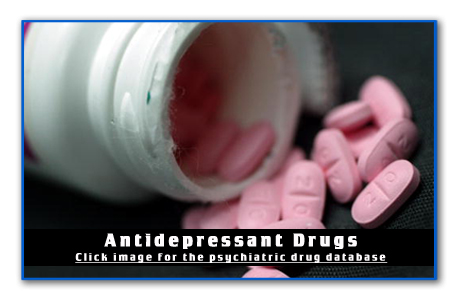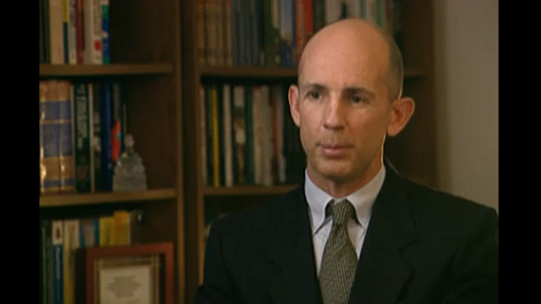http://psychrights.org/PR/100811NicholsonUnsealingNR.pdf
PRESS RELEASE
August 11, 2010
CONTACT
Jim Gottstein
907-274-7686
jim.gottstein@psychrights.org
CONTACT
S. Randolph Kretchmar
(847) 370-5410
s_randolph@earthlink.net
Illinois Medicaid Fraud Case Using PsychRights’ Model Complaint Unsealed
The Law Project for Psychiatric Rights (PsychRights®) announces the unsealing of the first Medicaid Fraud case for prescribing psychiatric drugs to children and youth by someone other than PsychRights using PsychRights’ model Qui Tam Complaint.
United States ex rel Linda Nicholson v. Lilian Spigelman, M.D., Hephzibah Children’s Association, and Sears Pharmacy, was filed in Illinois by attorney S. Randolph Kretchmar as a result of PsychRights’ Medicaid Fraud Initiative Against Psychiatric Drugging of Children & Youth.
Ms. Nicholson’s daughter was given psychiatric drugs that were not for a “medically accepted indication,” constituting Medicaid Fraud.
“The evidence is overwhelming that these drugs prescribed to children and youth are ineffective, even counterproductive, and extremely harmful to children,” said PsychRights’ president, Jim Gottstein.
Mr. Kretchmar, the attorney handling the case said, “People need to wake up to the huge amount of harm these prescribing practices are inflicting on our children. I am very pleased to follow the lead of PsychRights in addressing this problem and hope through this lawsuit we can help bring the practice to a halt.”
Jim Gottstein continued, “People should expect more of these cases until this pervasive type of Medicaid Fraud stops. The Nicholson case is the first of such cases brought by someone other than PsychRights.”
The lawsuit is brought under the federal False Claims Act, which authorizes private parties to bring fraud actions on behalf of the United States Government and share in the recovery, if any.
###
The Law Project for Psychiatric Rights is a public interest law firm devoted to the defense of people facing the horrors of forced psychiatric drugging and electroshock. PsychRights is further dedicated to exposing the truth about psychiatric interventions and the courts being misled into ordering people subjected to these brain and body damaging drugs against their will. Extensive information about these dangers, and about the tragic damage caused by electroshock, is available on the PsychRights web site: http://psychrights.org/.
James B. (Jim) Gottstein, Esq.
President/CEO
Law Project for Psychiatric Rights
406 G Street, Suite 206
Anchorage, Alaska 99501
USA
Phone: (907) 274-7686)Â Fax: (907) 274-9493
jim.gottstein[[at]]psychrights.org
http://psychrights.org/




